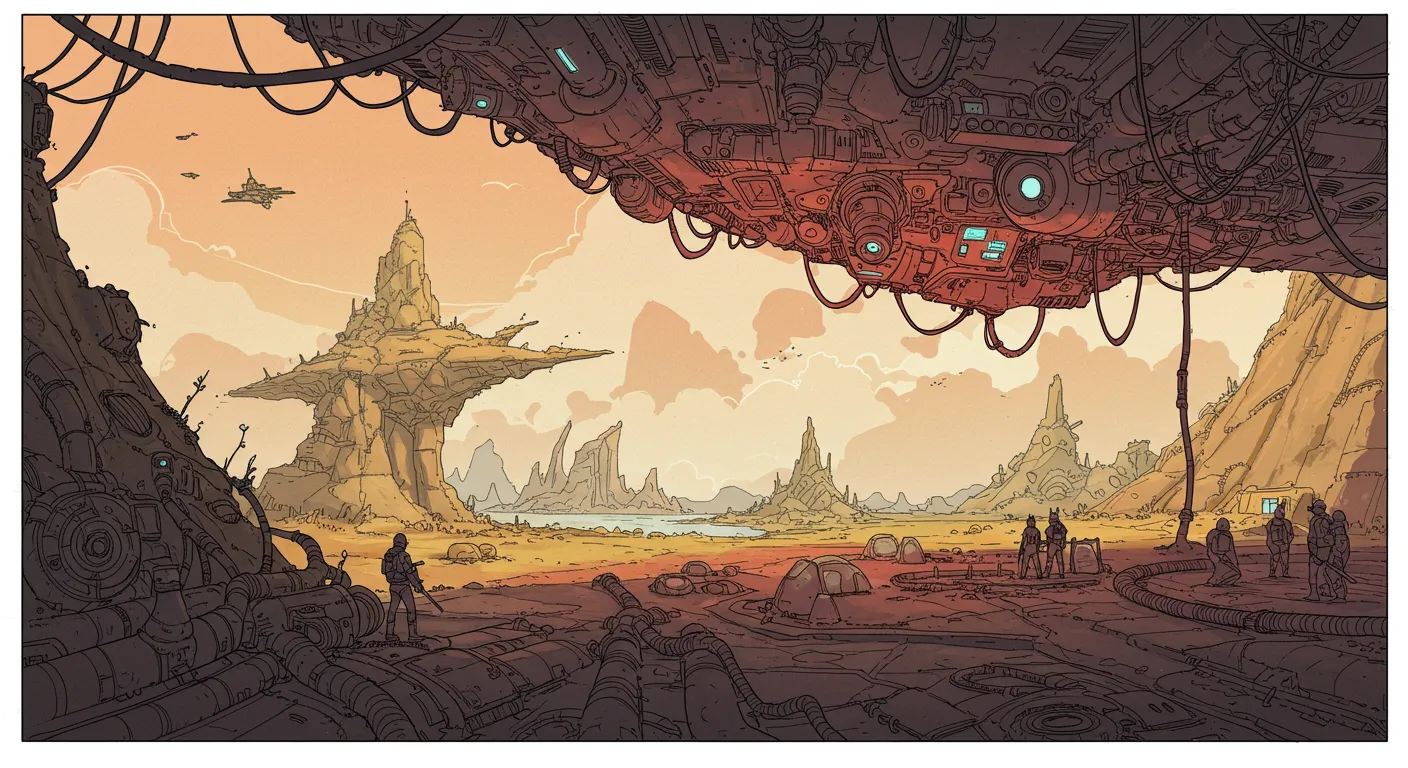In the ever-evolving landscape of software development, a recent malware discovery in the NPM ecosystem has reignited a crucial debate about the security of open-source package repositories. Online commentators are painting a stark picture of an internet where package management has become a virtual free-for-all, with minimal oversight and potentially dangerous consequences.
The core issue stems from the proliferation of micro-packages and the lack of comprehensive security checks across various programming language ecosystems. While languages like JavaScript have become notorious for their extensive dependency chains, other programming environments are not immune. Commentators point out that most repositories, from Rust to Python, suffer from similar vulnerabilities, with few implementing rigorous package review processes.
The discussion reveals a deeper systemic problem: the tension between ease of use and security. Developers appreciate painless package management, but this convenience comes at a potential cost. Many online commentators argue that the current model essentially creates a "Wild West" scenario where malicious packages can slip through with minimal scrutiny. The ecosystem's openness, once considered a strength, is now viewed as a significant vulnerability.
Security experts in the discussion suggest various potential solutions, ranging from more stringent review processes to implementing runtime permission systems. Some propose using AI-powered scanning, while others recommend sandboxing environments or creating internal package repositories with manual verification. The consensus seems to be that the current approach is unsustainable.
Ultimately, the conversation reflects a broader challenge in modern software development: balancing the collaborative, open-source ethos with the increasing sophistication of potential security threats. As one commentator ominously noted, the industry might soon look back on these unregulated package repositories with the same dismay we now view the pre-HTTPS internet era.


